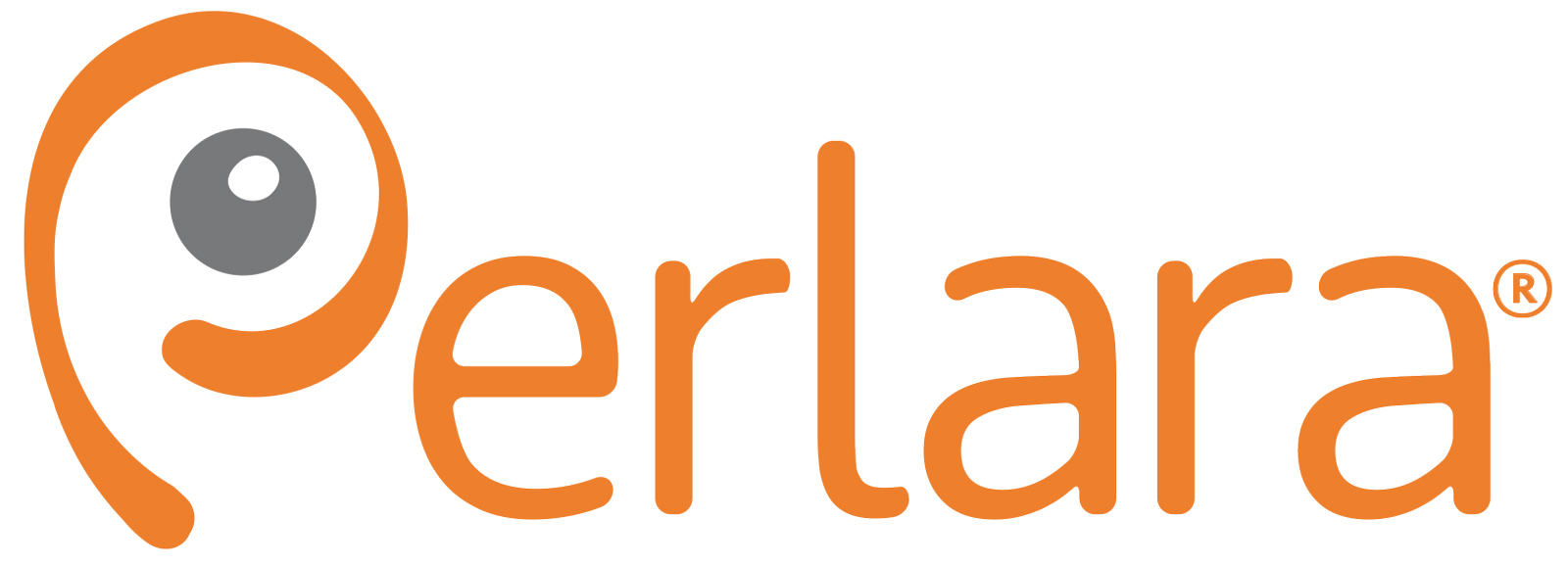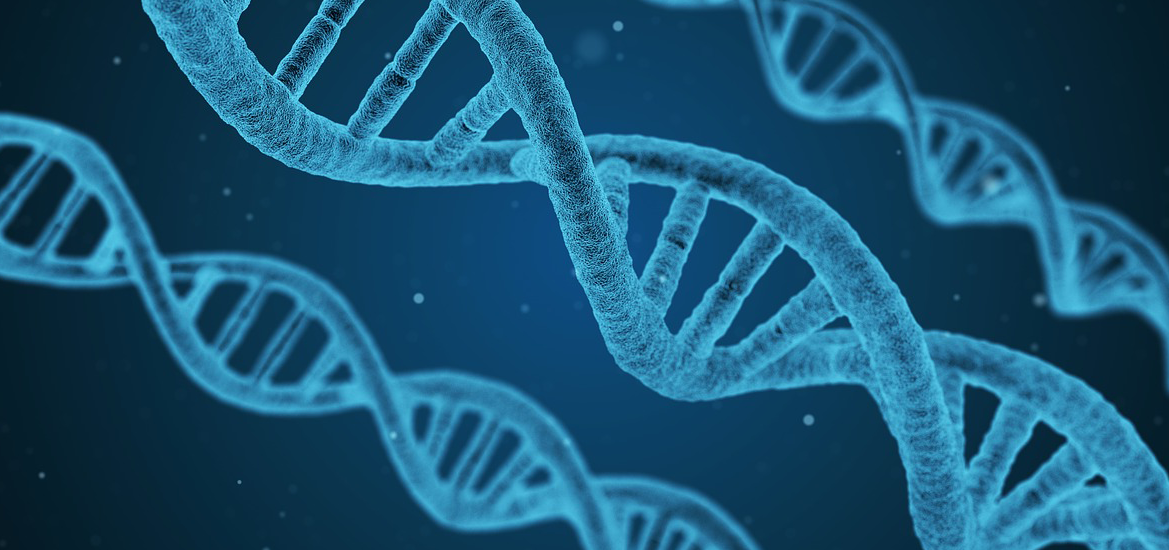I’m excited to share the latest news! Today we announced our sixth PerlQuest partnership. Our PerlQuest partner is the Multiple Sulfatase Deficiency Action Foundation (MSDAF), a research-focused charity based in Ireland whose mission is to work towards a cure for Multiple Sulfatase Deficiency, or MSD. MSD, an ultra-rare lysosomal disease, first came to our attention four years ago when an email from a MSD parent unexpectedly arrived in my inbox. Here’s how that email from June 2014 set in motion a chain of events culminating in our partnership.
It began with an email
John Ewen contacted me in the summer of 2014 as we were closing our first round of seed funding. John and his wife Kathleen are the parents of the late Barbara Ewen, who was diagnosed with Multiple Sulfatase Deficiency in 1983 and passed away in early 2017. John saw the February 2014 Wall Street Journal (WSJ) piece about the creation of Perlstein Lab PBC, and he wanted to know if we intended to have a program for MSD as part of our initial focus on lysosomal diseases. The next day I emailed Andrea Ballabio, the geneticist who diagnosed Barbara Ewen and one of the world’s leading MSD experts, and asked if anyone had developed a fly model of MSD. When the answer came back no, it was clear we had to pursue a MSD fly model.
Fast forward over a year to the end of 2015. John introduced me to an Irish MSD parent named Alan Finglas, who had just formed the MSDAF charity to raise funds for MSD research. After an initial conversation, in early 2016 I looped in Sean Ekins, who’s been working on a related ultra-rare lysosomal disease called MPS3C (Sanfilippo Type IIIC) with Jonah’s Just Begun, to see if there was a way to collaborate on Multiple Sulfatase Deficiency.
If at first you don’t succeed
By the second half of 2016, we were all hands on deck in our effort to close a validating deal with Novartis. Once the deal was closed in October 2016, we set out to launch our first batch of PerlQuests over the following months. At the 2017 WORLD Symposium in San Diego, I met with Alan, Amber Olsen (another MSD parent advocate working with Alan and John, whose sister organization is United MSD Foundation) and Sean Ekins. After discussing collaboration options, we decided to try an experiment.
We applied for a Small Business Innovation Research (SBIR) grant to see if funding could be used to generate and characterize the first MSD fly models, which we argued would be more broadly useful than just for MSD. The reason why it’s called Multiple Sulfatase Deficiency is that the human genome encodes over a dozen sulfatases. SUMF1, the gene whose function is lost in MSD, is a master regulator of the family of sulfatase enzymes. Deficiency of any one of those individual sulfatases causes its own ultra-rare lysosomal disease, e.g., Metachromatic Leukodstrophy (MLD), Hunter Syndrome (MPS II), Sanfilippo A (MPS IIIA), Sanfilippo D (MPS IIID), Morquio A (MPS IVA) , Maroteaux Lamy (MPS VI) and MPS IIIE. So we argued that building a fly model for Multiple Sulfatase Deficiency could be ‘multipurposed’ for a swathe of biologically related disorders.
The first time around in April 2017, we just missed the payline. We resubmitted the application in September 2017, but fell just short yet again. The reviewers were excited about the science but wanted to see preliminary data, i.e., they wanted us to validate a fly model first. That’s when we formally applied to MSDAF for funding.
PerlQuest Stage 1 and beyond
At the 2018 WORLD Symposium this past February, I huddled again with Alan, Amber, Sean and several researchers that Alan and Amber have either reactivated or recruited into the MSD space in record time, to plot next steps. MSDAF would provide the Stage One (seed) funding to enable us to reapply for SBIR funding for Stage 2 later this year with a validated fly model already in hand. We would then perform drug repurposing screens using validated MSD fly models and test hits on patient fibroblasts using enzymatic activity assays and mass spectrometry to measure substrate accumulation. If Stage 2 is successful, we’re certain to have options for funding Stage 3, preclinical development of a lead compound, and beyond.


